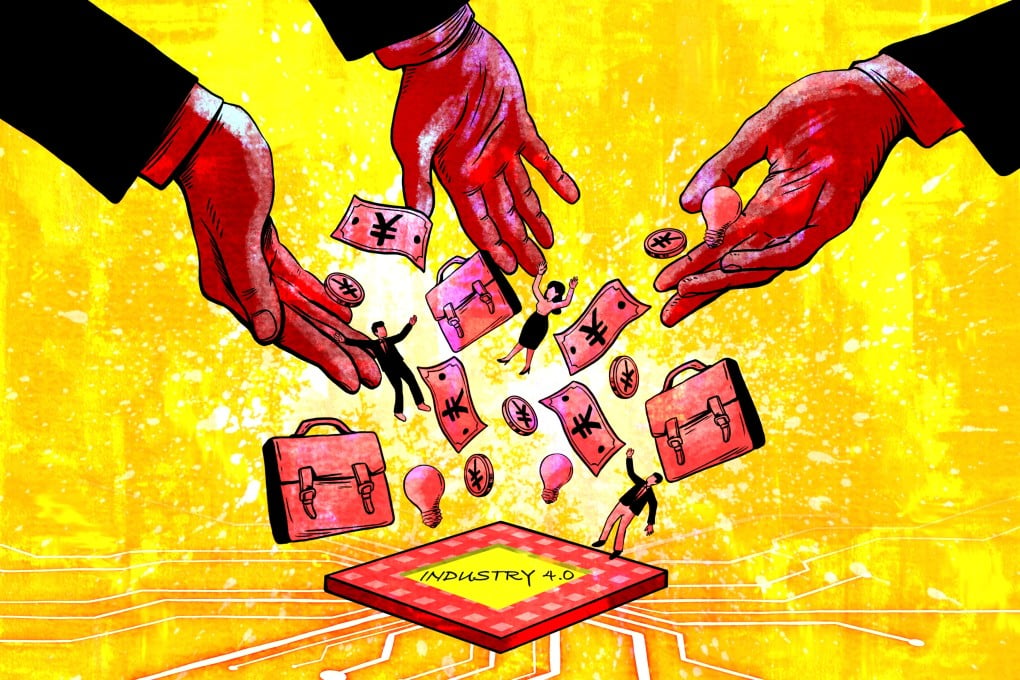China’s third plenum: what role for private sector as Communist Party leads Industry 4.0 push?
- Observers widely expect long-awaited conclave to double down on ‘whole-nation system’ of development, but have mixed views on the likely outcomes

The technocrats at China’s Ministry of Industry and Information technology are working on a blueprint for future technologies – from humanoid robots to brain-machine interfaces and super-large-scale artificial intelligence computing centres.
The third plenary session, or “plenum”, is traditionally a forum for the five-yearly committee to unveil broad long-term economic strategies. Analysts expect the coming event to inspire a “slew” of measures to support new productive forces and future industries, as China fights back in a tech war launched by the United States and its allies.
“A slew of policy arrangements will be made after the [third] plenum to nurture new productive forces, attract talents, support research and development and boost the commercialisation of the fruit of innovation,” said Zhao Xijun, an economist with Renmin University in Beijing.
